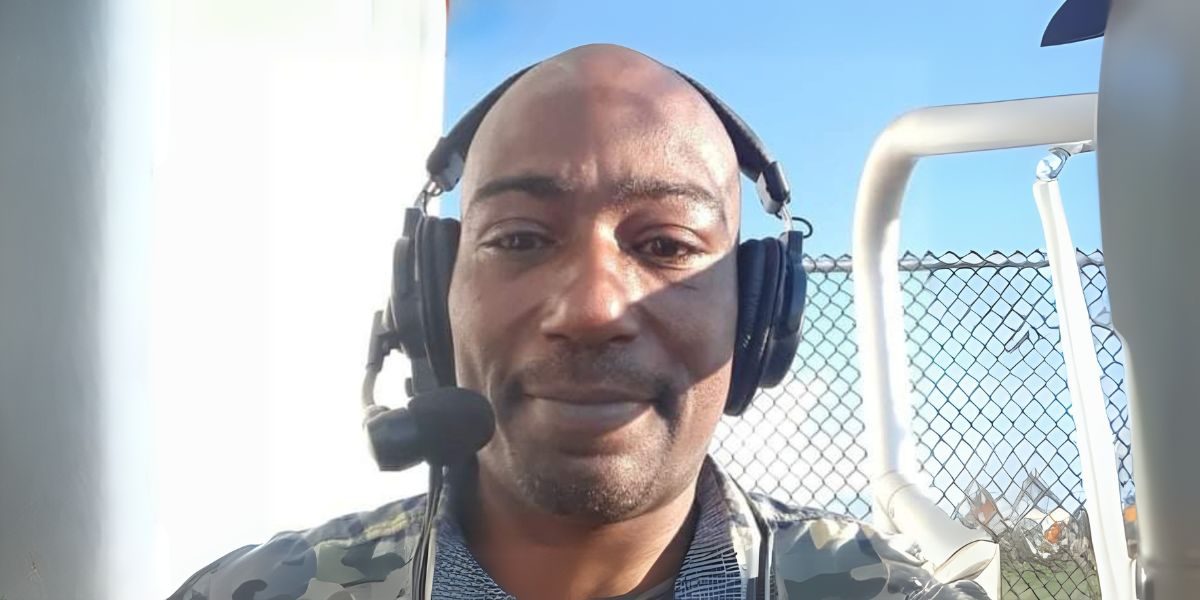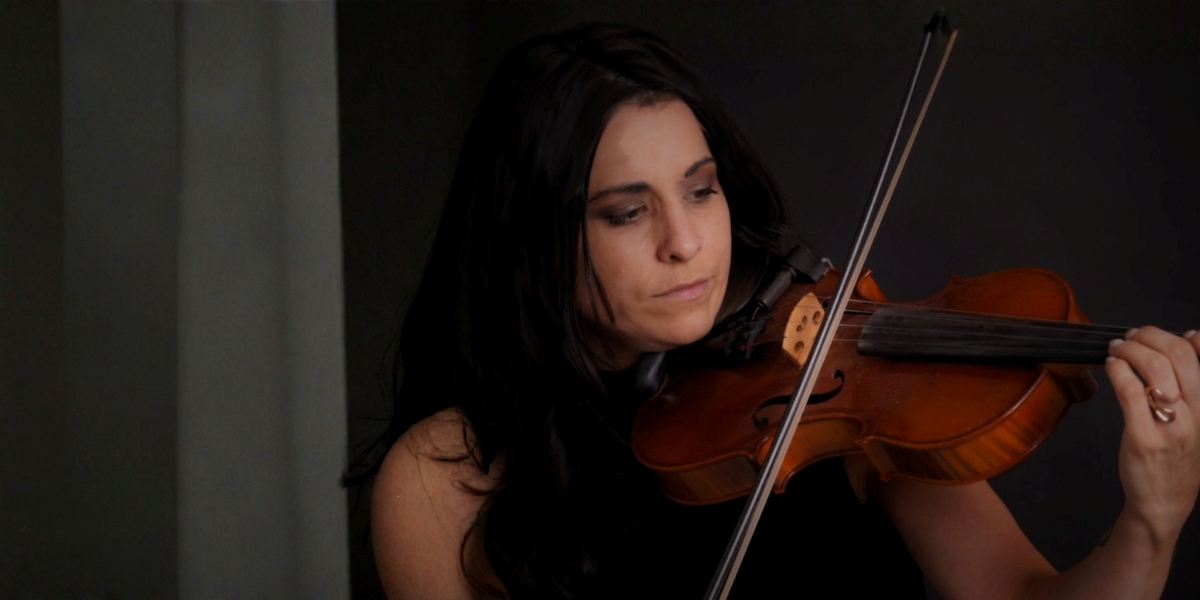Sports journalism often highlights statistics, victories, and defeats, but its heart lies in storytelling. Stories about sports reveal more profound truths about resilience, teamwork, and the human condition. Within the arena, human drama unfolds at every level, from professional leagues to high school fields. It is precisely within this intersection of athletic competition and human interest that journalist Arenthous Davon Frazier finds his calling, carefully documenting the lives of athletes who might otherwise remain anonymous.
Arenthous Davon Frazier, born on May 21, 1979, in Niles, Michigan, has established himself through radio broadcasting, commentary, and journalism. Raised in Detroit, Frazier’s early passion for media led him to the Ohio Media School in Columbus, where he earned a certification in radio and TV broadcasting. Currently attending Ohio University, Frazier continues his academic pursuit, deepening his grasp of communication theory and practice. His diverse media experiences, including radio sales, commentary, and podcast production roles, cultivated an adaptable storytelling voice. His military service and commendable performance during Hurricane Katrina significantly influenced his disciplined approach.
Frazier credits numerous media mentors for refining his narrative skills, particularly emphasizing clarity and depth in storytelling. This meticulous training allowed Frazier to develop an analytical yet empathetic voice capable of exploring intricate details others often overlook. While broadcasting high school football games for WNKO and contributing articles to publications like Madiba Magazine in Chicago, Behind The Coaching in New York, and Music In Motion.com, Frazier consistently maintained a style emphasizing personal journeys rather than pure athletic performance.
His articles frequently center on athletes who rarely occupy the media spotlight—often high school players who might otherwise fade unnoticed. For instance, in a recent article for the Newark Advocate, Frazier chronicled the journey of Cameron Carver, a mixed martial arts competitor from Newark. Rather than solely highlighting Carver’s record, the story emphasized the young athlete’s personal motivations and family influences. Another article vividly portrayed the bond between the Crawford brothers of Lakewood, underscoring familial dynamics and the intangible chemistry contributing to their performance. Such narratives reflect Frazier’s commitment to capturing sports from a human-centered perspective.
Frazier’s storytelling often creates tangible impacts on the subjects he covers. Families and athletes express gratitude for stories that provide recognition beyond standard box scores or statistics. These narratives, which highlight determination, struggles, and triumphs, resonate with communities, deepening the connection between readers and local teams. Notably, his coverage of Watkins Memorial linebacker Rocco Paschal emphasized Paschal’s leadership qualities and off-field aspirations, exemplifying Frazier’s skill in blending factual reporting with compelling personal narratives.
Despite his commitment to emotionally engaging stories, Frazier maintains journalistic integrity and impartiality. Balancing emotional resonance with factual reporting represents a primary challenge in narrative journalism that Frazier navigates with precision. He consciously avoids sensationalism, favoring nuanced portrayals rooted in authentic experiences. While setting him apart from more sensational media outlets, this approach sometimes places him at odds with the rapid-fire nature of digital media, demanding continual effort to retain audience interest without sacrificing accuracy.
The pressures associated with media sensationalism present another significant obstacle. Sports media can often gravitate toward controversial headlines or spectacular highlights, sidelining subtle yet profound human stories. Frazier, however, persists in centering his journalism around narratives of individual growth and team unity, effectively positioning himself as a counterbalance within the landscape of modern sports journalism.
Frazier underscores sports journalism’s influential role in community culture through his approach. Powerful stories can inspire both athletes and spectators, fostering unity and local pride. In this context, journalists serve as critical observers and documentarians, contributing meaningfully to community identity. Frazier hopes his dedication to nuanced storytelling will encourage greater appreciation for less-visible athletes, demonstrating how sports narratives enrich community life.
Ultimately, Frazier firmly believes in sports journalism’s enduring significance when rooted in human experience. His reflections emphasize that behind every jersey number lies a deeply personal journey—a story waiting to be told. Athletes he has featured often acknowledge feeling validated by seeing their stories reflected accurately. This acknowledgment, in turn, affirms the relevance of storytelling that goes beyond mere athletic achievement to illuminate shared human experiences.
Arenthous Davon Frazier’s career encapsulates an unwavering commitment to capturing the human side of sports. His approach underscores the significance of storytelling as a vehicle for understanding, connection, and community cohesion. While the victories recorded on fields and courts matter, Frazier’s contributions remind readers that sports journalism can resonate most deeply when recognizing athletes as people first and competitors second. Through this lens, his narratives continue to highlight the quiet dignity of human perseverance, illuminating the profound power inherent in the everyday stories of sports.
Published by Joseph T.









